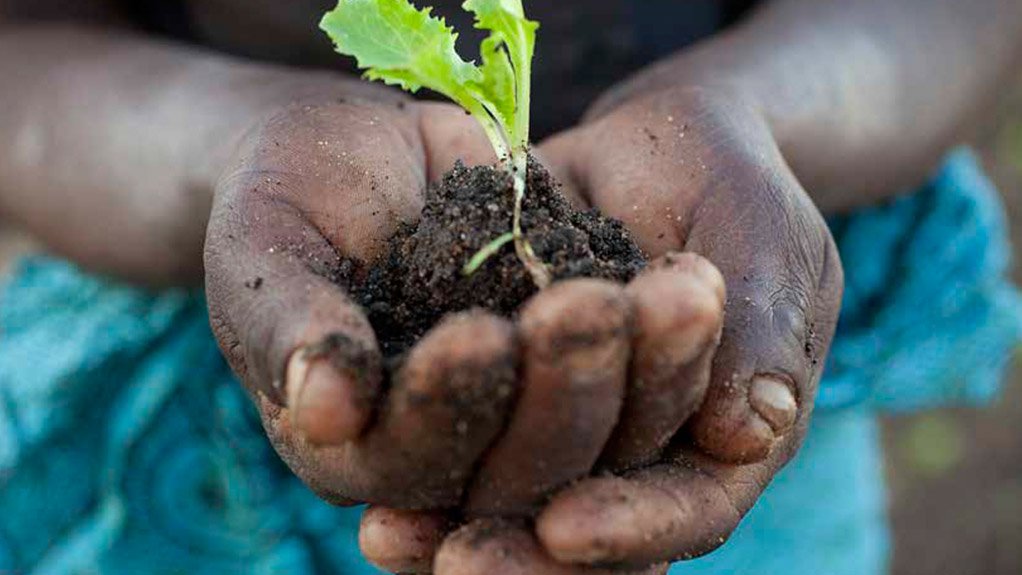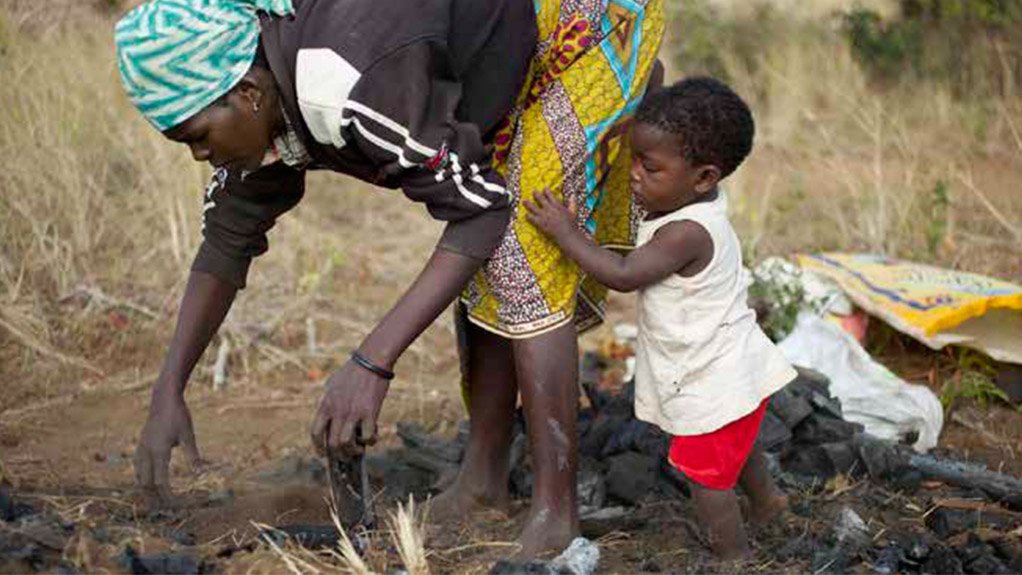The ‘Mining, Resettlement and Lost Livelihoods: Listening to the voices of resettled communities in Mualadzi, Mozambique’ study published by nongovernmental aid and development organisation Oxfam in April 2015 calls for “greater dialogue” between mining affected communities, government and mining companies.
The study looks at the “involuntary resettlement” of about 3 600 people from the banks of the Revuboe river to “the dry and arid location of Mualadzi, about 50 km away”, to make way for the development of the Benga mine, which was developed by multinational mining giant Rio Tinto and later sold to mining consortium Indian Coal Ventures Limited (ICVL).
The relocation process was carried out in three phases between 2010 and 2014.
Oxfam states that, although its recommendations in the study are directed primarily at ICVL, Rio Tinto, the Mozambique government and project-affected communities, they can, and should, be applied more generally by the extractives sector.
Recommendations are also provided for the home country governments where mining companies are headquartered or listed.
“Home country governments are encouraged to actively monitor the offshore practices of companies when human rights are put at risk by involuntary resettlement,” states the study.
For the current miner, ICVL, Oxfam recommends that, going forward, the company should formally address the issues of poverty and limited access to services faced by the resettled communities raised in this report, publicly disclose its plans and associated budget for implementing an updated resettle- ment action plan (RAP) as well as ensure that the Mualadzi community has an opportunity to comment on the adequacy of plans to ensure that resettled families do not carry externalised and unaccounted costs.
Further, ICVL should work with the provincial and national governments to establish and support community-based livelihood restoration activities in Mualadzi, including sustainable income generation.
The miner should reinstate the food assistance programme for resettled families in Mualadzi until sufficient crop yields can offer food security issues, and conduct studies to better understand the risk of creating dependence by continuing with food support.
Other ICVL-specific recommendations include repairing and maintaining water pumps in Mualadzi, improving access to secondary education facilities in the neighbouring villages of Catame and Moatize and implementing all housing commitments made by Rio Tinto.
The study further recommends that the Tete provincial government direct ICVL to update the Benga mine RAP and address the issues raised in the Oxfam report. The provincial government should also regularly monitor the implementation of the RAP and work with ICVL and the Mualadzi community to establish and support community-based livelihood restoration programmes that focus on sustainable income- generating and livelihood restoration activities.
The province should also determine timeframes in terms of addressing water problems in Mualadzi, allocate resources to improve the healthcare facilities in the areas and use the lessons gained from this resettlement to review other ongoing and future resettlements in Tete.
The Oxfam study further also recommends that the government of Mozambique strengthen the country’s legal framework and make it consistent with the resolution of the African Commission on Human and Peoples’ Rights.
Government should also augment the principles outlined in Article 4 of the Resettlement Decree to include a focus on suitable land use allocation, access to water, access to essential services, reducing distance to markets, alternative economic opportunities, access to sites of spiritual and cultural importance, and the impact on societal and family norms.
In addition, the Mozambique government should ensure that guidance and criteria for resettlement compensation reflect land tenure rights, household investment in agriculture and associated infrastructure, and loss of access to economic opportunities.
“Most importantly, government must require all oil, gas and mining companies operating in Mozambique to disclose RAPs and formally update these documents on transfer of ownership,” highlights the report.
Other legislation-related recom- mendations for government include undertaking audits on land availability and suitability studies and developing monitoring and evaluation frameworks prior to issuing licences.
Edited by: Leandi Kolver
Creamer Media Deputy Editor
EMAIL THIS ARTICLE SAVE THIS ARTICLE
To subscribe email subscriptions@creamermedia.co.za or click here
To advertise email advertising@creamermedia.co.za or click here















